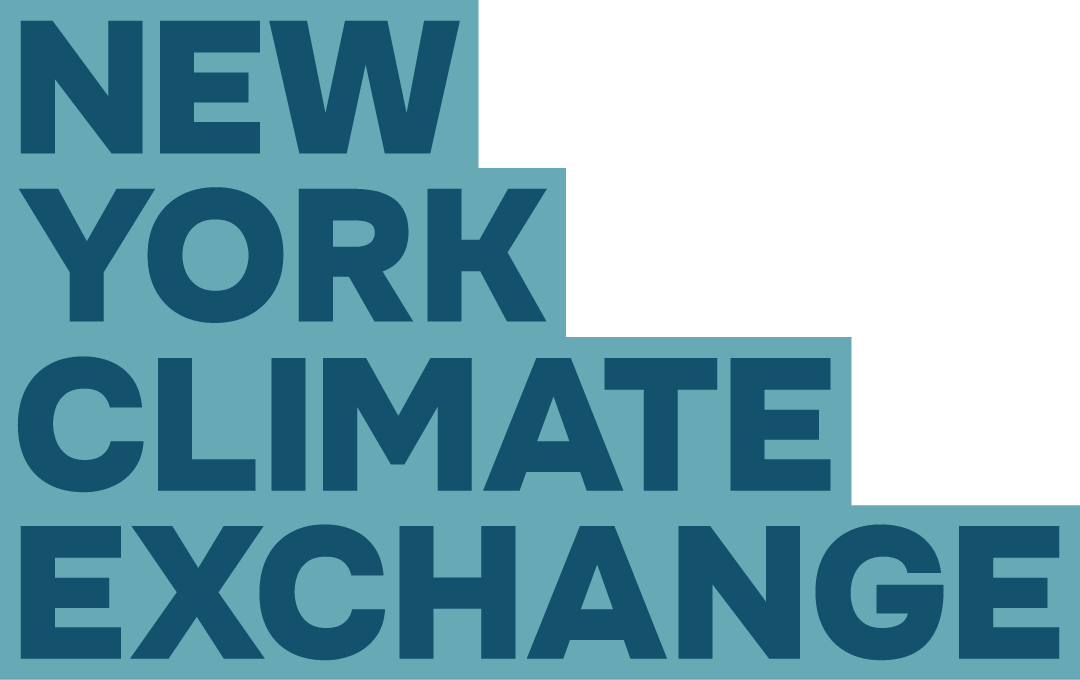Oceans and Coastal Resilience
Why Oceans Matter
Oceans cover more than 70% of our planet and support up to 80% of all life on Earth. Often called the “lungs of the Earth,” they generate over half of the oxygen we breathe and sustain the livelihoods of more than 3 billion people worldwide. For centuries, oceans have powered global trade, nourished communities, and shaped the cultures of coastal cities from New York to Shanghai to Cape Town.
Yet our oceans are under growing threat.
Oceans absorb over 90% of the excess heat from climate change and roughly a third of the carbon dioxide emitted by human activities. While this helps buffer the planet from even more extreme changes, it comes at a heavy cost: warming waters, acidification, and disrupted marine life.
The warning signs are glaring: sea levels have risen by more than 4 inches since 1992, while coral reefs, seagrasses, and mangroves are vanishing. At the same time, coastal communities and marine economies are bearing the brunt of intensifying climate impacts.
Yet there is hope. As one of our strongest natural allies, oceans hold critical solutions for building a more sustainable, resilient future.
The Climate–Ocean Nexus
Climate change and ocean health are deeply interconnected. We cannot solve one without addressing the other. Yet despite oceans' critical role, less than 1% of global climate finance supports ocean-based solutions. UN Sustainable Development Goal 14 ("Life Below Water") remains the most underfunded of all SDGs.
To shift this narrative, the Exchange is actively working to bridge the ocean financing gap, inspire and equip the next generation of marine leaders, and advance blue tech solutions.
The Exchange's Role
Located on Governors Island in the heart of New York Harbor, The New York Climate Exchange serves as a hub for collaboration, research, education, and public engagement on climate solutions—especially those tied to our oceans.
The Exchange is actively developing programs that:
Catalyze Public–Private–Academic Partnerships
Supporting investment in scalable, science-based solutions for ocean and climate resilience.Empower the Next Generation
Connecting youth to marine science, climate education, stewardship opportunities, and career pathways in the growing blue economy.Accelerate Ocean Innovation
Bridging researchers, technologists, and startups with the financing, partnerships, and implementation support needed to drive real-world impact.
United Nations Ocean Conference
The third UN Ocean Conference (UNOC), took place on June 9-13, 2025, in Nice. This global gathering, hosted by the governments of France and Costa Rica, was a critical moment for the oceans community.
The Exchange officially joined the newly established UN Ocean Rise and Coastal Resilience Coalition at UNOC. This coalition will drive the adaptation efforts of coastal territories and bring together dozens of key mayors, governors, and stakeholders.
Building on a coral reef resilience workshop hosted in 2024 on Governors Island that gathered scientists from The Exchange’s partner network, The Exchange officially launched a whitepaper, co-published with Stony Brook University, outlining for policymakers and non-technical audiences local action and international cooperation to protect coral reefs at UNOC’s International Coral Reef Initiative (ICRI) Pavilion.
The Exchange also hosted a side event during the Conference on the theme of Communities for Ocean Resilience: Bridging Science, Policy, and Action through Collaborative Partnerships with co-sponsors from AGU, the Waterfront Alliance, and Stony Brook University, exploring how inclusive partnerships can inform global frameworks, accelerate implementation, and scale capacity.
The Exchange was proud to include two distinguished scientists as part of its delegation at UNOC3:
John Bohorquez, Research Associate at Stony Brook University’s School of Marine and Atmospheric Sciences
Douglas Nowacek, Professor of Conservation Technology in Environment and Engineering at Duke University
Learn more about our UNOC3 delegation here. You can also review key takeaways from the conference in this Stony Brook University blog.



